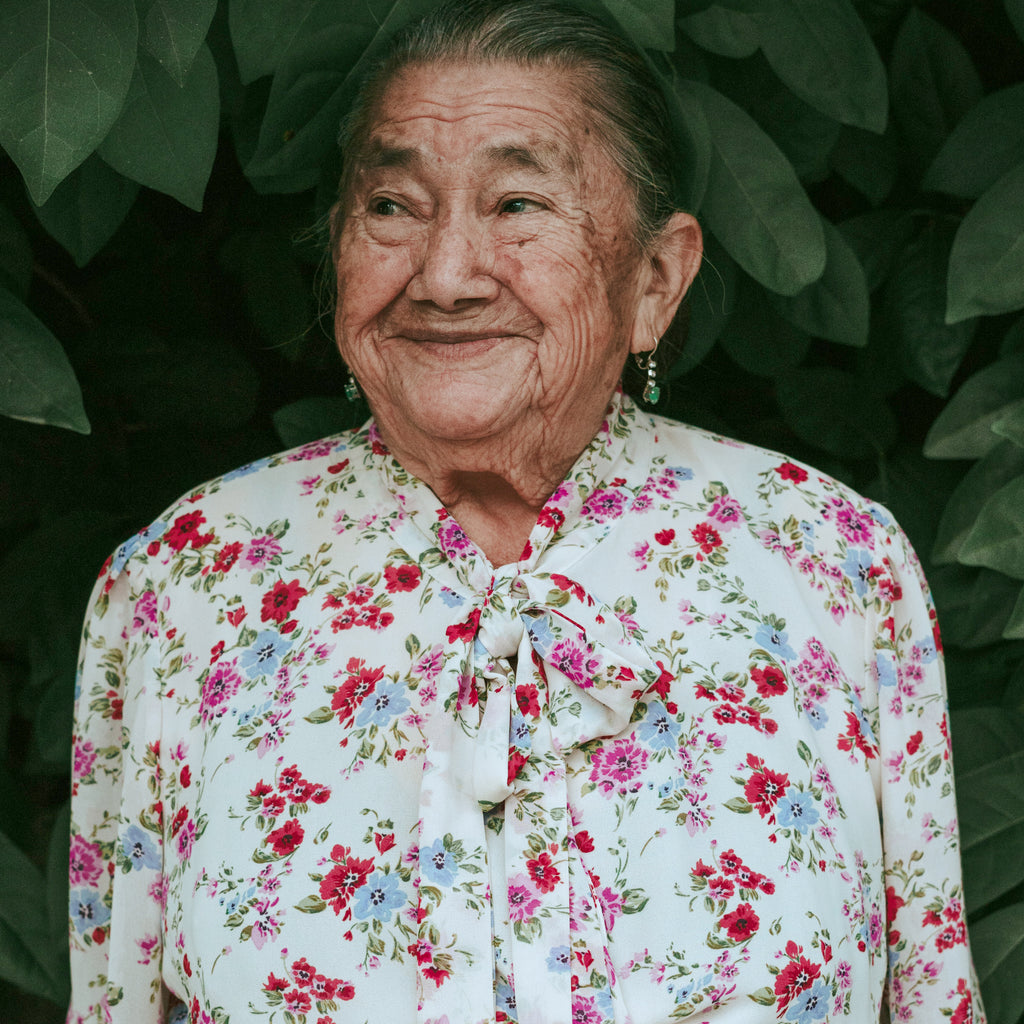Eat Your Way to 100: The Best Diet for Healthy Ageing
Embarking on the journey of life, we all hope to not only reach a ripe old age but to do so with vigour and vitality. Though our genetic makeup plays a role, it's empowering to know that our dietary choices can significantly influence our path to longevity. Let’s delve into some of the dietary keys that may unlock the door to a healthy and long life.
Finding the Optimal Diet for Longevity
The search for the perfect diet to guarantee a century of life doesn’t have a simple answer. However, there's strong evidence supporting whole-food, plant-based diets. Consider the renowned Mediterranean diet, celebrated for its rich variety of vegetables, fruits, grains, and the use of olive oil. Similarly, the diets of the “Blue Zones,” areas known for their high number of centenarians, predominantly consist of plant-based foods, with limited meat and processed foods.
Nutritional Allies for a Long Life
Our bodies depend on a range of nutrients for optimal function, which in turn contribute to healthy ageing. Some of the key nutrients include:
- Omega-3 fatty acids: These anti-inflammatory fats, found in fatty fish, walnuts, and flaxseeds, are crucial for brain health and overall wellbeing.
- Vitamin D: Essential for bone health and immune function, it's often referred to as the “sunshine vitamin.”
- Polyphenols: These antioxidants, present in green tea, red wine, and berries, play a significant role in fighting oxidative stress.
- Fibre: Integral for digestive and cardiovascular health, fibre is abundant in whole grains and legumes.
The Power of Anthocyanins in Ageing
Anthocyanins, a type of flavonoid antioxidant found predominantly in certain berries, are pivotal in combating oxidative stress and reducing inflammation. Haskap berries are a potent source of anthocyanins, making them a powerful ally in promoting healthy ageing. While fresh Haskap berries may not be easily accessible, Haskapa offers a convenient solution with their range of freeze-dried, natural Haskap berry products.
The Genetic Factor in Ageing
Diet and lifestyle play significant roles in determining our health and longevity, but genetics cannot be overlooked. Some individuals inherit genes that predispose them to longer lifespans. Research indicates that certain gene variants are more prevalent in centenarians. Nevertheless, regardless of genetic predisposition, environmental and lifestyle factors are crucial in realising this potential for longevity.
Holistic Lifestyle Factors for Healthy Ageing
In addition to diet, several lifestyle factors can influence healthy ageing:
- Physical Activity: Regular exercise boosts cardiovascular health and is vital for maintaining cardiovascular health and reducing the risk of chronic diseases.
- Mental Well-being: Cognitive activities, social connections, and stress management can improve quality of life and potentially extend it.
- Sleep: Consistent, high-quality sleep is essential for cellular repair, cognitive function, and overall health.
- Moderation: Limiting or avoiding excessive alcohol consumption and abstaining from smoking can significantly improve lifespan and healthspan.
Conclusion:
Ageing gracefully involves a blend of genetics, lifestyle choices, and dietary habits. Incorporating a nutrient-rich, plant-based diet, and including powerful antioxidants like those found in Haskap berries, can guide us towards a century of healthy living. It's about making small, sustainable steps in our nutrition and lifestyle choices, and recognising that every decision counts on our journey to longevity.
References:
Trichopoulou, A., Costacou, T., Bamia, C., & Trichopoulos, D. (2003). Adherence to a Mediterranean Diet and Survival in a Greek Population. The New England Journal of Medicine.
Buettner, D. (2015). The Blue Zones Solution. National Geographic Books.
Swanson, D., Block, R., & Mousa, S. A. (2012). Omega-3 fatty acids EPA and DHA: health benefits throughout life. Advances in Nutrition, 3(1), 1-7.
Wallace, T. C. (2011). Anthocyanins in cardiovascular disease. Advances in Nutrition, 2(1), 1-7.
Rupasinghe, H. V., Boehm, M. M., Sekhon-Loodu, S., Parmar, I., Bors, B., & Jamieson, A. R. (2015). Anti-Inflammatory Activity of Haskap Cultivars is Polyphenols-Dependent. Biomolecules, 5(2), 1079-1098.
Barzilai, N., Huffman, D. M., Muzumdar, R. H., & Bartke, A. (2012). The critical role of metabolic pathways in ageing. Diabetes, 61(6), 1315-1322.
Warburton, D. E., Nicol, C. W., & Bredin, S. S. (2006). Health benefits of physical activity: the evidence. Canadian medical association journal, 174(6), 801-809.
Fratiglioni, L., Paillard-Borg, S., & Winblad, B. (2004). An active and socially integrated lifestyle in late life might protect against dementia. The Lancet Neurology, 3(6), 343-353.
Xie, L., Kang, H., Xu, Q., Chen, M. J., Liao, Y., Thiyagarajan, M., ... & Takano, T. (2013). Sleep drives metabolite clearance from the adult brain. Science, 342(6156), 373-377.
Rehm, J., Mathers, C., Popova, S., Thavorncharoensap, M., Teerawattananon, Y., & Patra, J. (2009). Global burden of disease and injury and economic cost attributable to alcohol use and alcohol-use disorders. The Lancet, 373(9682), 2223-2233.

